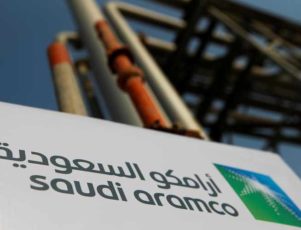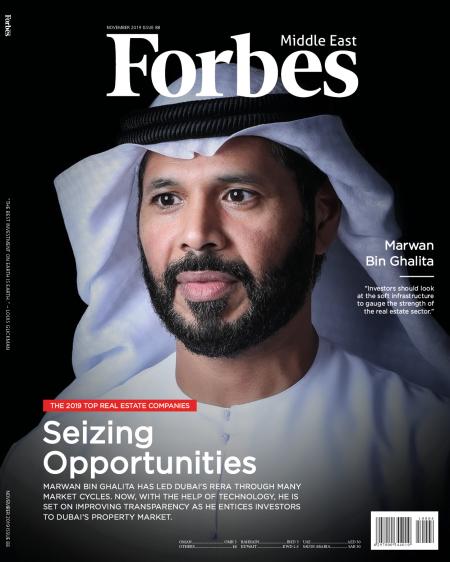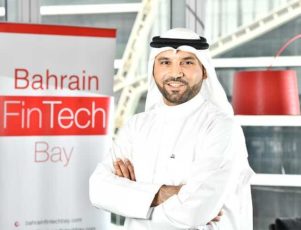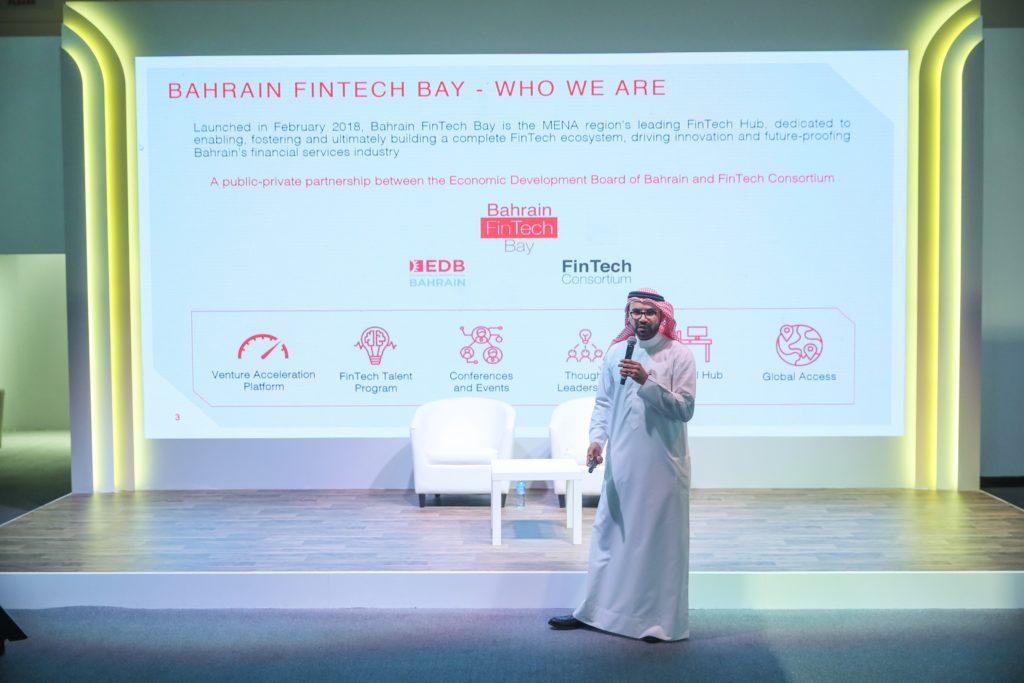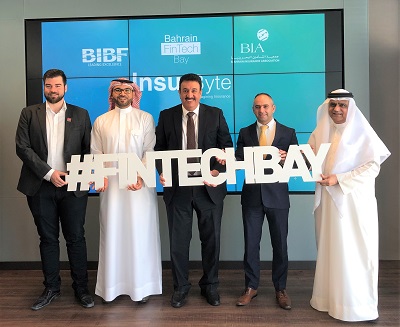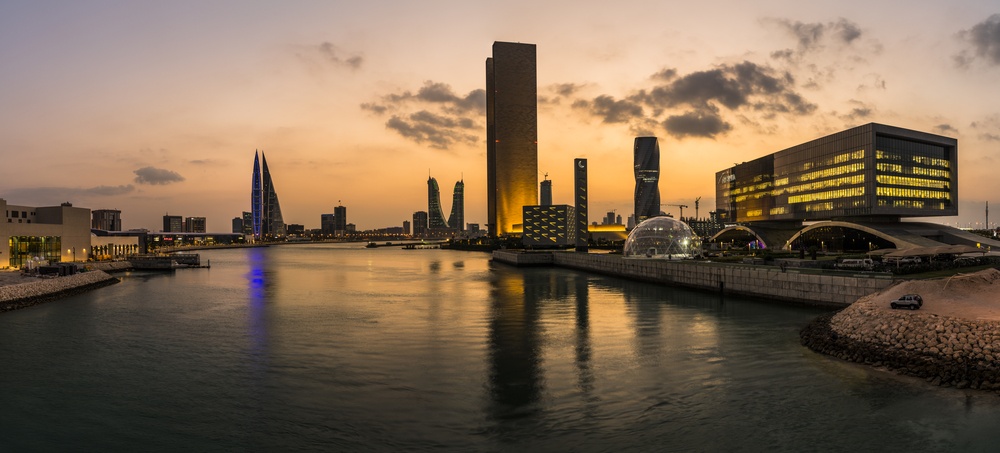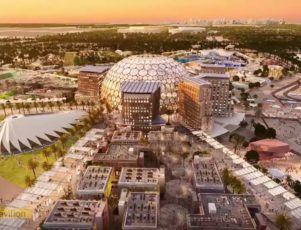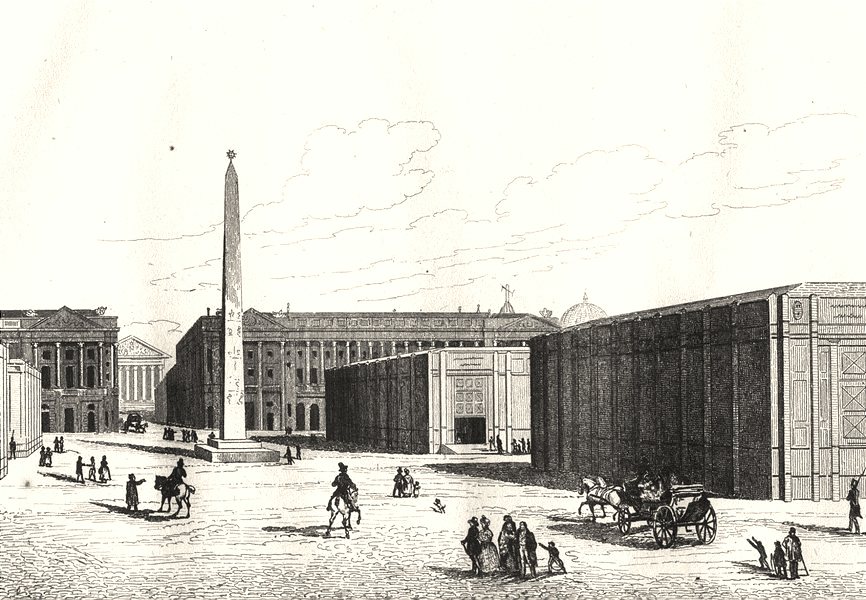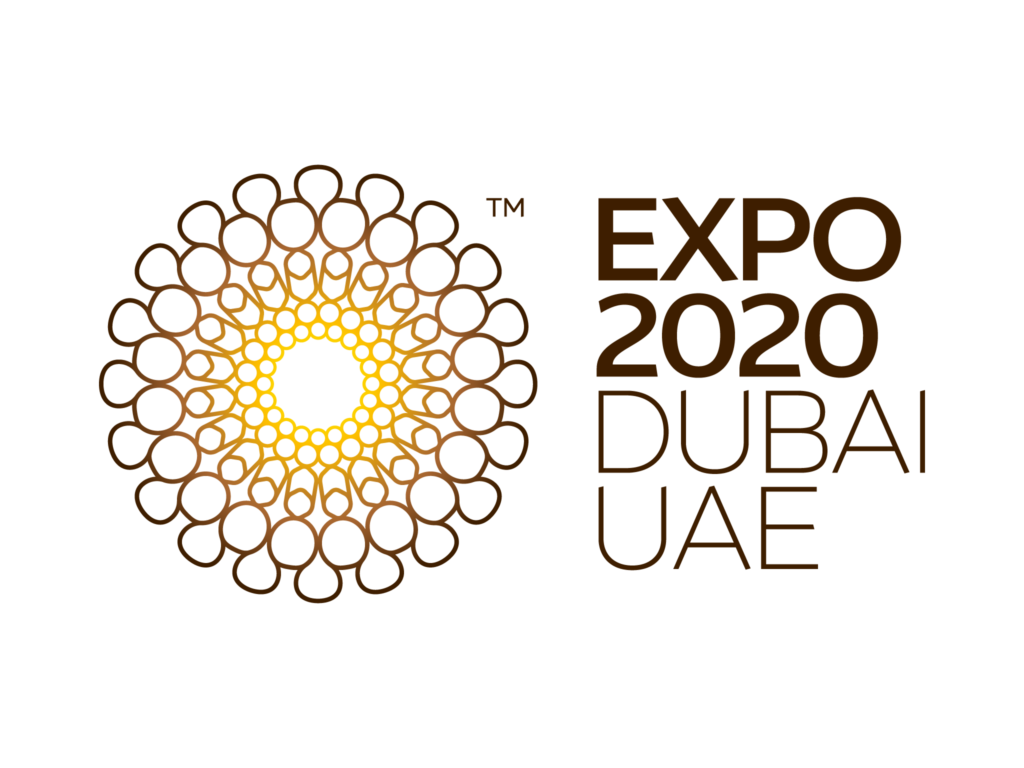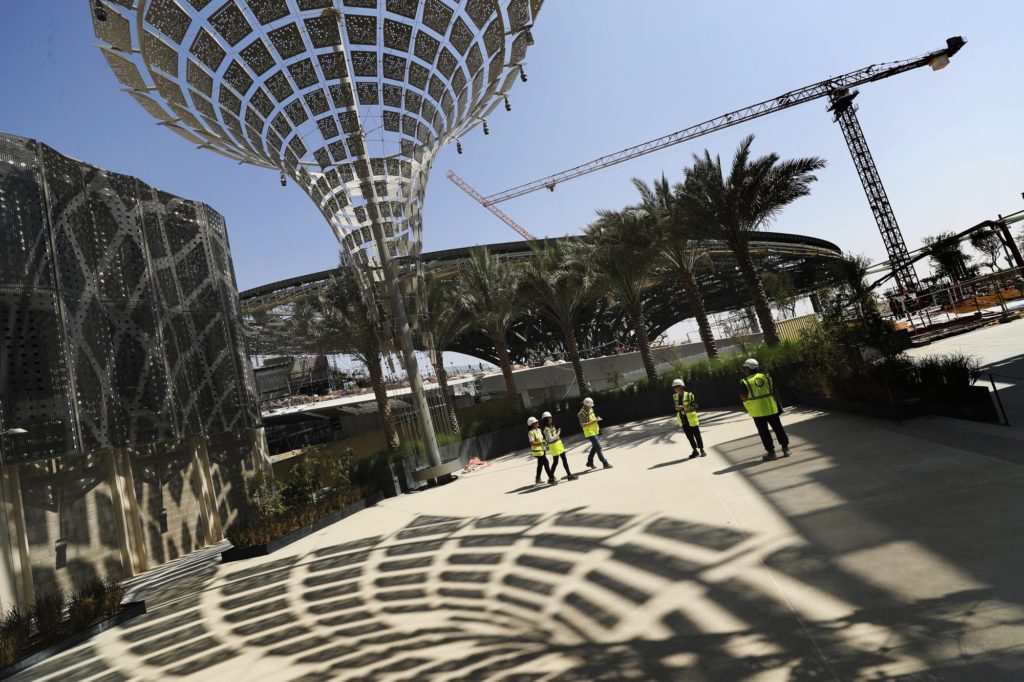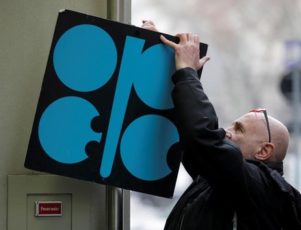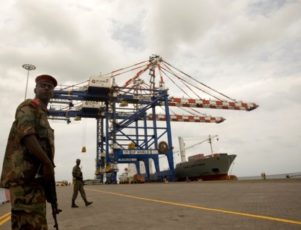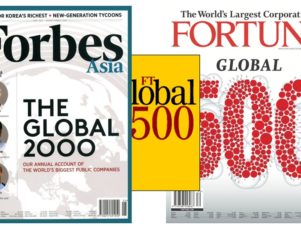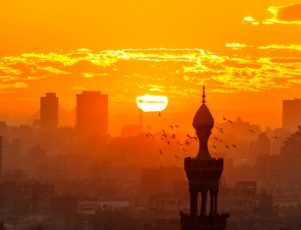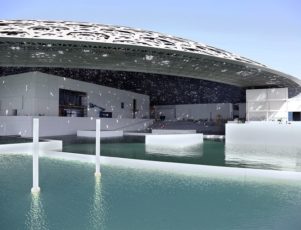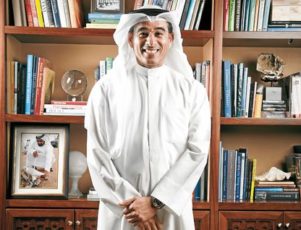Kadijah Amoah has emerged as a prominent figure in the energy sector, not only in Ghana but also on the international stage. With a strong background in law, finance, and energy management, Amoah has skillfully navigated the complexities of the industry, positioning Pecan Energies as a leading player in Ghana’s burgeoning energy market. Her leadership, vision, and commitment to sustainable energy practices have earned her recognition and respect within the sector.
Early Life and Education
Kadijah Amoah’s journey to the top of Pecan Energies is rooted in a solid educational foundation. She holds a law degree from the University of Ghana, which provided her with a robust understanding of regulatory frameworks and legal intricacies in the energy sector. Additionally, she pursued further education in finance and energy management, equipping her with the skills necessary to lead in a highly technical and rapidly evolving industry.
Career Path
Amoah’s career began in the legal and financial sectors, where she gained valuable experience in corporate law and financial management. Her expertise in these areas soon led her to the energy sector, where she identified significant opportunities for growth and innovation. Before joining Pecan Energies, she held various strategic positions in leading energy companies, where she was instrumental in driving key projects and initiatives.
Leadership at Pecan Energies
As the CEO of Pecan Energies Ghana Limited, Kadijah Amoah has brought a new level of strategic thinking and innovation to the company. Under her leadership, Pecan Energies has focused on leveraging advanced technologies and sustainable practices to enhance its operations and expand its market presence. Amoah has been a vocal advocate for renewable energy, pushing for increased investment in solar, wind, and other green energy sources.
One of her significant achievements at Pecan Energies is the successful execution of major projects that have boosted the company’s profile and operational capacity. Her ability to navigate the regulatory environment and secure key partnerships has been critical to the company’s success. Furthermore, Amoah has fostered a culture of excellence and innovation within the organization, encouraging her team to pursue groundbreaking solutions to energy challenges.
Commitment to Sustainability
Kadijah Amoah’s vision for Pecan Energies extends beyond business growth; she is deeply committed to sustainability and environmental stewardship. She has championed initiatives aimed at reducing the carbon footprint of the company’s operations and increasing the use of renewable energy sources. Under her guidance, Pecan Energies has implemented various sustainability programs, including energy efficiency measures and community-based renewable energy projects.
Amoah’s commitment to sustainability is also reflected in her advocacy for policies that promote green energy and environmental conservation. She has participated in numerous forums and discussions, both locally and internationally, where she has shared her insights and advocated for stronger support for renewable energy initiatives.
Impact and Recognition
Kadijah Amoah’s impact on the energy sector in Ghana and beyond has not gone unnoticed. She has been recognized for her leadership and contributions to the industry, receiving various accolades and awards. Her work has inspired many young professionals, particularly women, to pursue careers in the energy sector, breaking down barriers and challenging stereotypes.
Future Prospects
Looking ahead, Kadijah Amoah aims to continue driving Pecan Energies towards greater heights. Her focus remains on innovation, sustainability, and expanding the company’s reach in the African energy market. She envisions Pecan Energies as a leader in the transition to a more sustainable and resilient energy future, not only in Ghana but across the continent.
Kadijah Amoah’s leadership at Pecan Energies Ghana Limited exemplifies the transformative power of visionary management in the energy sector. Her commitment to sustainability, innovation, and excellence has positioned Pecan Energies as a key player in Ghana’s energy landscape. As she continues to lead the company forward, her influence and impact on the industry are set to grow, making her a pivotal figure in the quest for a sustainable energy future.
Photo : pecanenergies.com


